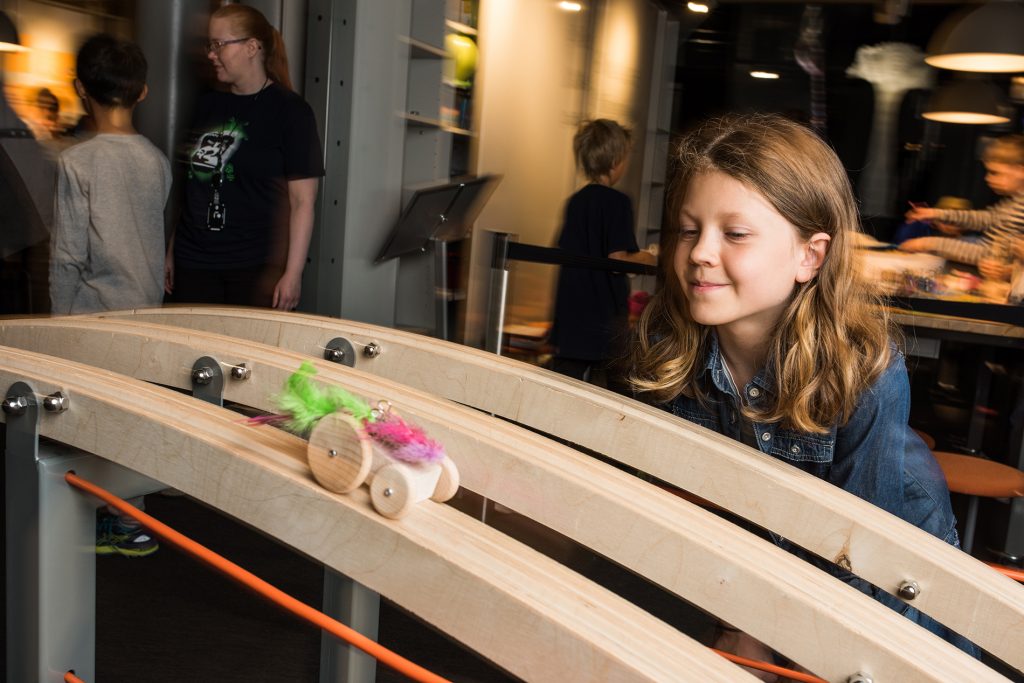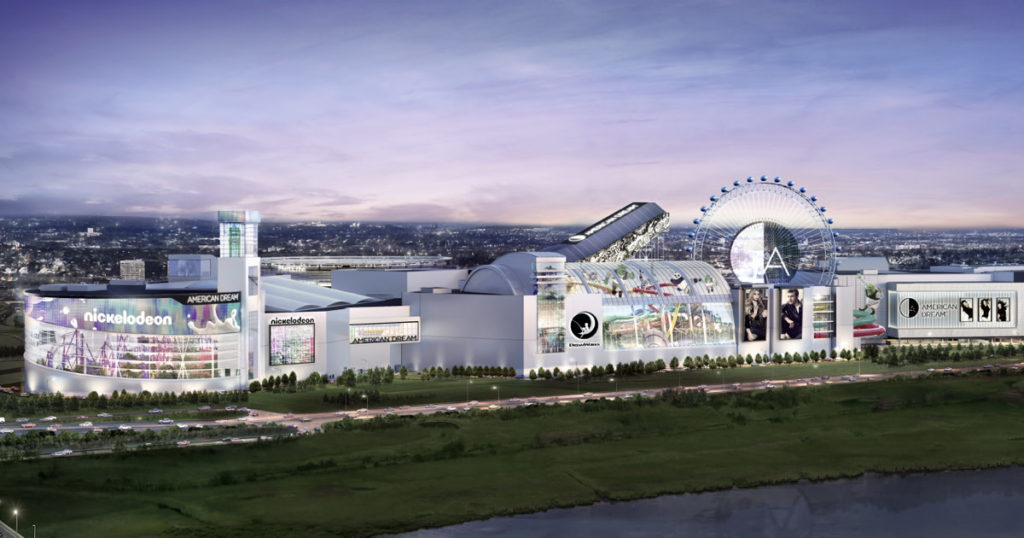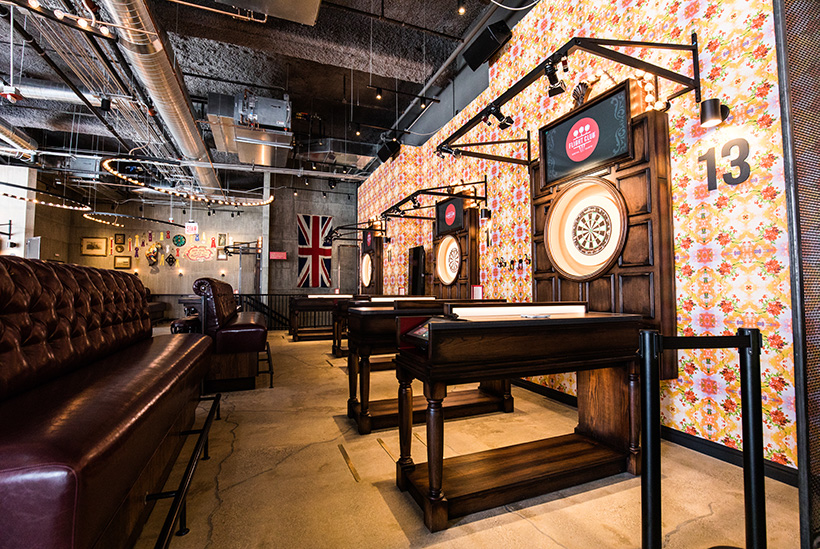Location Based Entertainment in 2030: 10 Bold Predictions

By Oliver Cully, Scallywag Entertainments.
23 Feb 2021
The World of location-based entertainment is developing fast, driven not only by systemic change in the retail sector but by the Covid-19 pandemic. This decade is likely to see big changes and trends emerge. Here are our 10 Bold Predictions for the decade ahead
Featured image: Lappset built edutainment concept
- Landlords, particularly mall and resort landlords will become major players in the sector, not just owning but also operating attractions and being a major consumer in the IP licensing market.
Landlords will start to rival big companies in the FEC sector such as Merlin Entertainments, Circus Trix and TEEG. LBE operators may even partner with some landlords to manage their LBE portfolios. Over time, we will even see some of the bigger landlords splitting off their entertainment divisions as separate businesses once they become too big to manage in house.
2. Edutainment will overtake entertainment in the sector of children’s LBE.
The search by parents for entertainment experiences that also bring educational value to their children will only increase. There will always be a place for play experiences designed simply to let children have fun and let off steam, but educational experiences will command a premium on parents’ time and financial resources. Edutainment experiences that integrate STEM learning will lead this trend
3. Most attractions will be entirely cashless.
This is already happening in China where WeChatPay and AliPay dominate retail, F&B and entertainment spending. This will be accelerated by the Covid-19 pandemic as attractions seek ways to reduce touch points in attractions – removing cash payments being one of the best ways to achieve this.
4. The line between sports and attractions will become blurred.
Sports driven attractions are set to grow rapidly this decade, particularly those sports that traditionally have high barriers to entry due to cost, travel time and climate, such as golf, surfing, skiing and car racing. We are already seeing the rapid growth of companies like Top Golf as well as surf parks, and with improving technology capable of creating more realistic experiences at a reasonable price, as well as clever integration of leisure, F&B with sport, this is set to increase exponentially.

5. The number of Pop ups and short-term attractions in the market will be vastly greater than today.
As big box retail, department stores and other major users of retail space continue to close or reduce their footprints, landlords will increasingly seek not to replace these tenants like-for-like but will instead, seek entertainment and leisure experiences. In the immediate future a significant majority of landlords have neither the experience nor the stomach to invest directly into large scale Capex projects and will instead seek lower cost and lower risk ways of meeting customers’ and therefore their own needs for location-based entertainment. Pop ups and short-term attractions will meet this need.
6. eSports attractions and live events will follow an upwards trajectory with eSports betting a major driver of growth.
According to eSports.Net, In the USA alone there are 160m gamers making it second biggest eSports market after China. eSports betting, whilst legal in some big eSports markets such as the UK, is still illegal in almost all states in the USA (Nevada and since September 2020 New Jersey the two exceptions). Easing of eSports betting regulations in the United States in the coming years will drive eSports entertainment. eSports attractions will ride this wave of growth.
7. VR will continue to struggle to find its footing in LBE but will explode in home usage.
VR technology continues to improve and VR attraction experiences with them, but profitability in a sector that relies so heavily on being current is challenging. Technology installed in an attraction is already out of date by the time the first customers use it. This makes VR and AR attractions very difficult to meet customer expectations and achieve sustainable revenues long term without huge Capex reinvestment. Our prediction is that whilst VR and AR adoption is likely to occur in the retail sector more generally, there will not be a major boom in attraction led VR experiences. Rather we see the main growth in VR taking place in peoples’ homes where gaming and in all probability adult entertainment will lead the way.
8. Projection mapping will become a must have.
The huge strides that have been made in projection mapping and projector imagery in recent years, leads us to believe that projection mapping is set to play a major role in the future of location-based entertainment. Experiences such as Team Lab and Atelier de Lumiere that have successfully combined projected art with interactive experiences, in a social media friendly setting. The potential for creativity and originality is seemingly endless and will be an exciting sector to watch.
9. Low tech outdoor entertainment will see tremendous opportunity and growth, particularly in developing markets.
Whereas outdoor activity camps and parks are prevalent in most developed countries, they are a rarity in most developing markets. Activity parks or Camps featuring relatively low-tech, traditional means of entertainment, active leisure, and outdoor education, such as climbing, archery, raft building, zip wires and so on, will be an area of focus for family resorts, camp operators and schools. The relatively low barrier to entry from a cost perspective will mean the quality of experiences will vary wildly and experienced operators from developed markets will find themselves with many opportunities to collaborate and expand.
10. Restaurants and entertainment will increasingly merge.
As shopping mall and other retail landlords across the World deal with the impact of the Covid-19 pandemic on the retail sector, as well as the more systemic changes in the sector away from traditional retail towards experiential, food and beverage businesses that successfully integrate entertainment will become highly sought after and increasingly creative. Such businesses allow both tenants and landlords to achieve both their need for entertainment whilst maintaining a level of revenue diversification and therefore lowering risk. Businesses such as Chuck E Cheeses and Punch Bowl have been hit hard this past 12 months, but as we emerge from the pandemic, we predict that many in the sector will recover with revamped entertainment offerings and that other new F&B-come-entertainment concepts will emerge. Many recognised entertainment IPs will jump on the bandwagon, introducing their own F&B-entertainment concepts.





Recent Comments